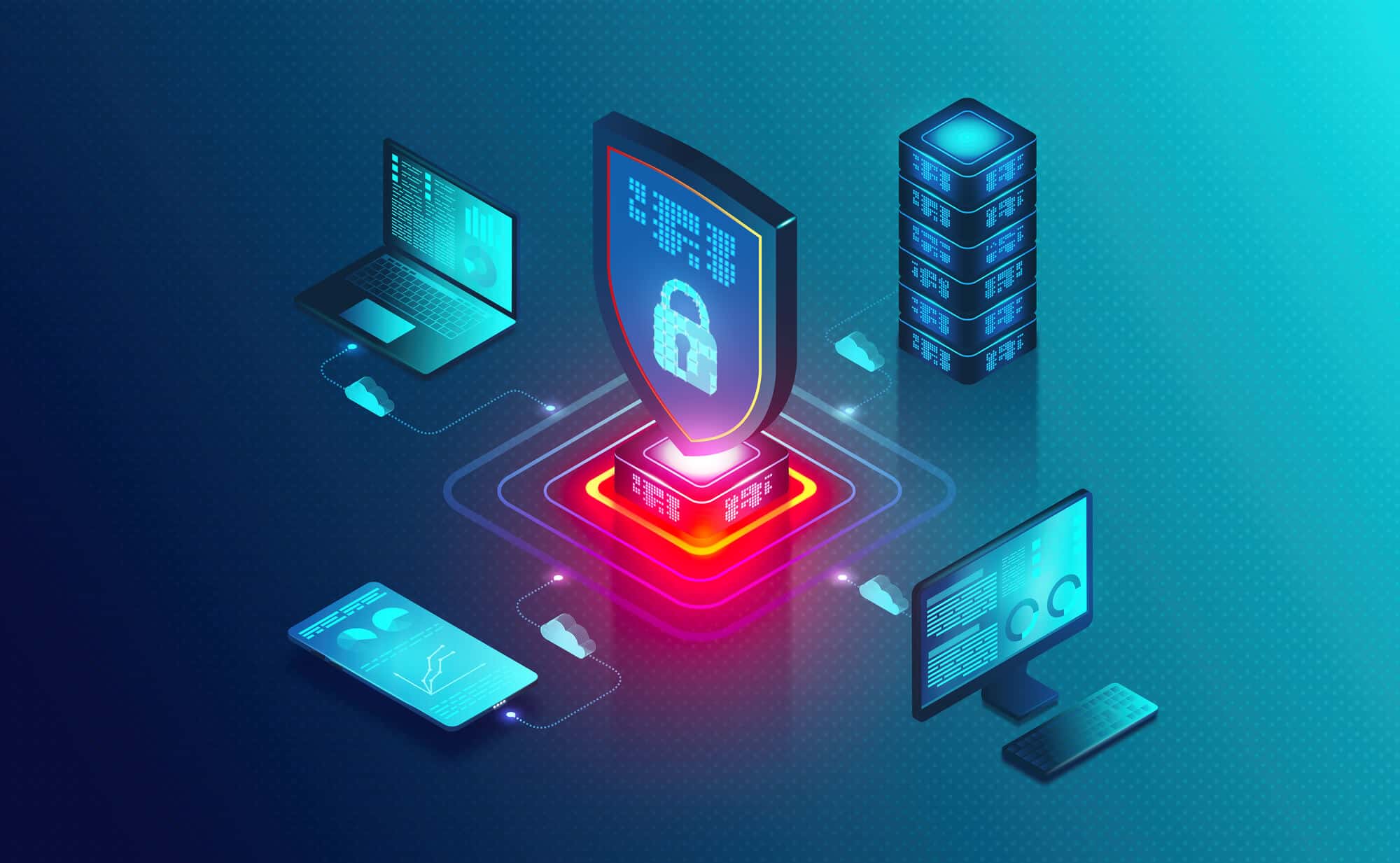Privacy in the Digital Age: 8 Tools to Safeguard Your Online Privacy
Protecting one’s privacy has never been more crucial in an era dominated by digital interactions and internet connectivity. As we navigate the vast internet world, our personal information is constantly at risk.
Fortunately, there are effective technologies available to assist us in strengthening our digital defenses and protecting our online privacy. In this post, we will look at eight crucial techniques for keeping your personal information safe in the digital era.
1. Virtual Private Network (VPN)
A Virtual Private Network, or VPN, is a cornerstone in the quest for online privacy. This tool encrypts your internet connection, making it nearly impossible for hackers, ISPs, or even government agencies to monitor your online activities. By masking your IP address, a VPN adds an extra layer of security, ensuring that your digital footprint remains private.
2. Password Managers
Creating and remembering complex passwords for each online account can be a daunting task. Password managers alleviate this burden by securely storing your passwords in an encrypted vault. Not only do they generate strong, unique passwords for each site, but they also autofill login credentials, minimizing the risk of unauthorized access.
You may like: RPA vs. API: What Are Their Differences?
3. Ad Blockers
Online advertisements often come laden with trackers that monitor your browsing behavior. Ad blockers not only enhance your online experience by eliminating intrusive ads but also protect your privacy by preventing these trackers from following your every move.
4. Encrypted Messaging Apps
In the age of digital communication, securing your messages is paramount. Encrypted messaging apps, such as Signal or Telegram, use end-to-end encryption to ensure that only the intended recipient can access your messages. This shields your conversations from prying eyes and guarantees a higher level of privacy.
5. Two-Factor Authentication (2FA)
Adding an extra layer of security to your accounts, 2FA requires a secondary verification step beyond just entering a password. This could be a code sent to your mobile device or generated by an authenticator app. By implementing 2FA two-factor authentication, you significantly reduce the risk of unauthorized access to your accounts.
6. Privacy-Focused Browsers
Popular browsers often collect and track user data for various purposes. Privacy-focused browsers like Brave or Firefox Focus prioritize user privacy by blocking trackers and intrusive ads by default. Making the switch to such browsers enhances your online privacy without compromising on functionality.
7. Firewalls
A firewall acts as a barrier between your device and potentially harmful content on the internet. It monitors incoming and outgoing network traffic, allowing or blocking data packets based on a predefined set of security rules. A robust firewall adds an extra layer of defense against unauthorized access and cyber threats.
8. Incognito Mode
While not foolproof, using incognito or private browsing mode can prevent your browsing history and cookies from being stored on your device. This can be particularly useful when using public computers or shared devices, offering a temporary shield for your online activities.
Final Thoughts
As we mark the one-year anniversary of the digital era, it is critical to consider the instruments available to preserve our online privacy. A mix of VPNs, password managers, ad blockers, encrypted messaging applications, 2FA, privacy-focused browsers, firewalls, and incognito mode may dramatically improve our digital security.
By using these tools and keeping watchful, we empower ourselves to traverse the broad digital terrain with confidence, knowing that our privacy is protected in the face of growing online risks.

